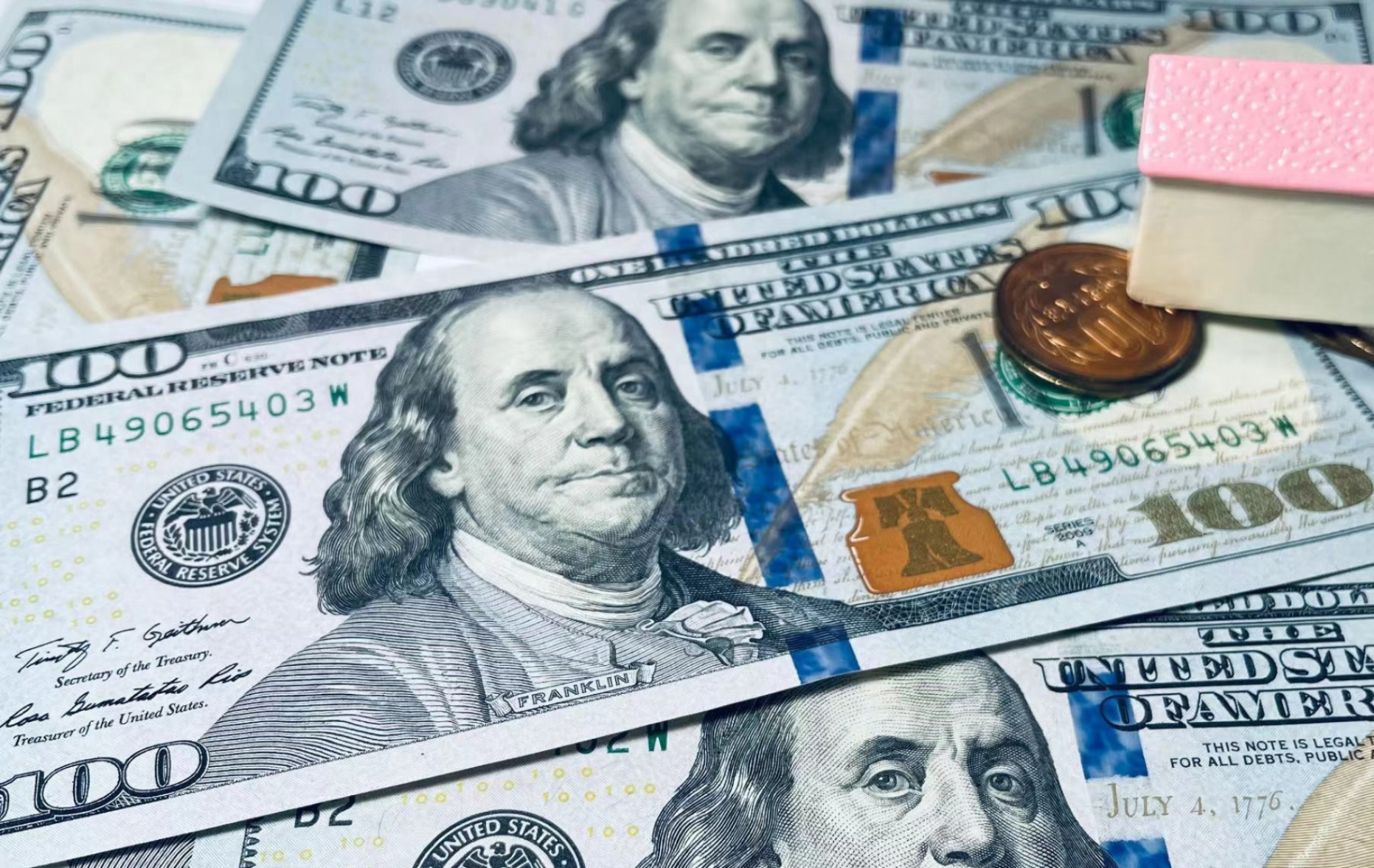Soaring Taxes, Insurance Outpace Mortgage Costs in US
Advertisements
In recent years, the affordability of housing in the United States has come into sharp focus. With escalating property values and climbing property taxes, many American families find themselves grappling with the rising costs associated with homeownership. This growing burden becomes particularly pronounced in a landscape already shaken by natural disasters, with insurance companies significantly hiking their premiums, further complicating the financial situation for homeowners.
The combination of soaring housing prices and increasing insurance costs has led to a concerning trend. Recent analyses from the Intercontinental Exchange reveal that as of September, a staggering 32% of the monthly mortgage payments for single-family homes now go towards property taxes and homeowners' insurance. This figure marks the highest percentage recorded since 2014, illustrating the strain today's families face.
Particularly vulnerable in this predicament are senior homeowners, many of whom rely on fixed incomes. Joshua Stewart, the Federal Policy and Advocacy Director at the nonprofit organization Fahe, points out that even those who settled their mortgages years ago are not immune to the financial squeeze. Although their retirements may have been budgeted with a modicum of growth in mind, the sharp increase in property tax and insurance costs threatens to erode their housing affordability. For many seniors, the ongoing financial strain has led them to consider selling their homes post-retirement as a way out of their dire situation.
Take the case of Lisa and Michael Landry, who purchased their home in New Orleans in 2015. They now face monthly costs surpassing $2,448 just for property taxes, homeowners insurance, and flood insurance. Even with a 3.5% fixed-rate mortgage, the stress on their retirement plans is immense; property-related expenses have outstripped their mortgage principal and interest payments. Reflecting on their situation, Michael lamented, "Had we known it would come to this, we would have reconsidered moving here."

The situation for low-income families is equally dire. The relentless uptick in housing costs, taxes, and insurance has made it untenable for many families, particularly in urban centers. Here, it is not uncommon for borrowers to allocate over half of their monthly mortgage payments solely for taxes and insurance, creating a heavy financial burden that impacts their overall quality of life.
Beyond just individual homeowners, the ripple effect of skyrocketing property taxes and insurance is palpable throughout the American real estate market. Many prospective buyers are retreating from the market as purchasing costs rise. A report from the New York Post highlights how high insurance premiums, driven by hurricanes and other natural disasters, have led insurance companies to withdraw from high-risk areas like Miami and New Orleans, intensifying the pressure on these localities.
The continuous rise in insurance and tax expenses is forcing home prices to stagnate or even decline in some regions. Andy Walden, Vice President of Research at the Intercontinental Exchange, noted that as these costs climb, they effectively chip away at buyers' budgets, thus diminishing their purchasing power. Areas like Rochester, Syracuse, Omaha, and Miami have witnessed this trend, where inflated tax and insurance expenses compel buyers to either lower their purchasing expectations or abandon their home-buying ambitions altogether.
The dilemma of homeownership
In disaster-prone regions, the rising costs of insurance have led many homeowners to forego purchasing coverage altogether, sparing them some immediate expenses but at an alarming risk. Reports indicate that in 2023, approximately 6.8% of homeowners were uninsured, with that figure rising dramatically in natural disaster hotspots. In Miami, for instance, the rate of uninsured homeowners soared to 21.2%. This decision to opt out of insurance may seem like a saving strategy now, yet it places homeowners at immense risk in the face of unforeseen calamities.
Should a property succumb to damage from a hurricane or similar disaster, the costs of rebuilding can quickly soar beyond what a family can feasibly handle. Homeowners who refuse to pay high premiums might find themselves homeless in a matter of weeks, facing the consequences of their choices when natural disasters strike.
The surge in housing insurance and property taxes is reshaping the financial reality of homeownership. For various demographics, including seniors, low-income families, and even middle-class homeowners, the constantly rising costs are becoming intolerable burdens. This economic pressure is not just altering individual financial decisions but is beginning to exert significant influence on broader market dynamics, causing declines in demand and housing prices.
As these expenses continue to rise unabated, countless American families are expected to face even more formidable housing challenges in the years to come. What once was viewed as a stable investment and a cornerstone of the American Dream has morphed into an overwhelming challenge marked by uncertainty and financial strain.
Leave a Comment